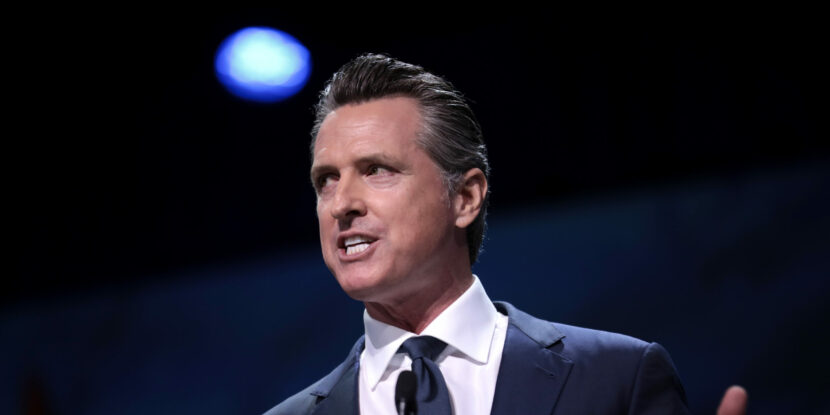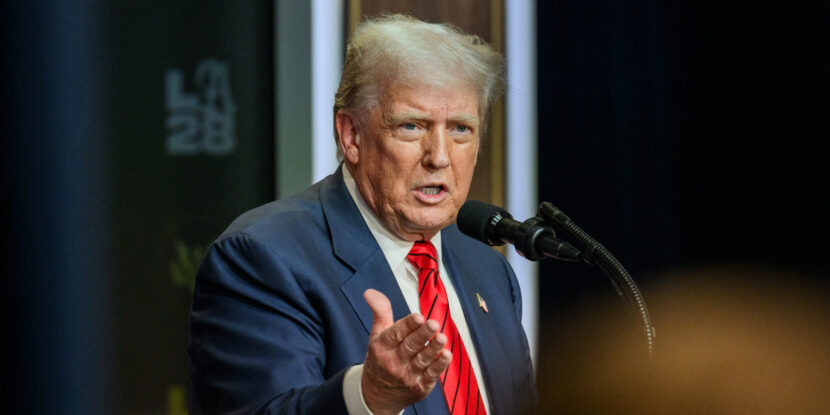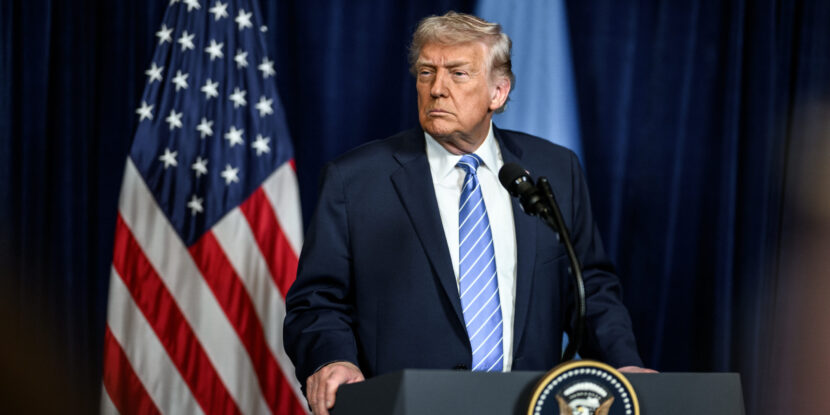❓WHAT HAPPENED: A “tourist tax” is set to be introduced in London, England, allowing the mayor to impose a levy on overnight stays in hotels and short-term accommodations.
👤WHO WAS INVOLVED: Chancellor (Treasury Secretary) Rachel Reeves, Mayor Sir Sadiq Khan, UKHospitality, and other business groups.
📍WHEN & WHERE: The powers could be introduced through the English Devolution and Community Empowerment Bill currently before Parliament; Chancellor Reeves is expected to announce this in her Budget on November 26.
💬KEY QUOTE: “[M]any of us visit [European Union cities] and don’t really mind paying the extra few euros, in relation to a tourism levy.” – Mayor Khan on other cities that have implemented tourist taxes.
🎯IMPACT: The proposed levy could raise £250 million (~$342m) annually, but industry groups warn it could drive up prices, potentially impacting tourism and local businesses.
London, England, is preparing for a major policy change, as Prime Minister Sir Keir Starmer’s Chancellor of the Exchequer (Treasury Secretary) Rachel Reeves is expected to unveil a new tourist tax during the November 26 Budget. The plan would allow the Mayor of London, Labour’s Sir Sadiq Khan, and other local officials to impose charges on overnight stays in hotels, Airbnbs, and other short-term rentals. The measure is likely to be delivered through the English Devolution and Community Empowerment Bill, which is currently before Parliament.
Mayor Khan has been a strong supporter of the idea, noting that cities such as Paris, New York, and Tokyo already impose similar fees. “The thing about those cities is, many of us visit them, and don’t really mind paying the extra few euros, in relation to a tourism levy,” he claimed earlier this year.
Supporters say the levy could generate roughly £250 million (~$342m) a year. Industry groups, however, warn that it could push up prices for travelers, who are already contributing to the local economy by spending money there, and discourage them from visiting. UKHospitality called the proposal “shocking.”
Other parts of Britain are already moving ahead with similar measures. Edinburgh and Glasgow, in Scotland, are planning a five percent tax on short stays beginning next year. Wales has approved a national tourist levy, set to take effect in 2027.
Reeves, who had previously voiced doubts about tourist taxes, now appears convinced they could provide a valuable new revenue stream. Her upcoming budget is expected to include several other tax changes, including a gambling tax and a new road fee for electric vehicles.
The debate over London’s visitor economy comes at a moment when the city is facing broader concerns about migration and pressure on hotels. Recent controversies include hotels removing guests or firing staff so they can house newly arrived boat migrants, some of whom have become embroiled in high-profile criminal cases.
Join Pulse+ to comment below, and receive exclusive e-mail analyses.




















